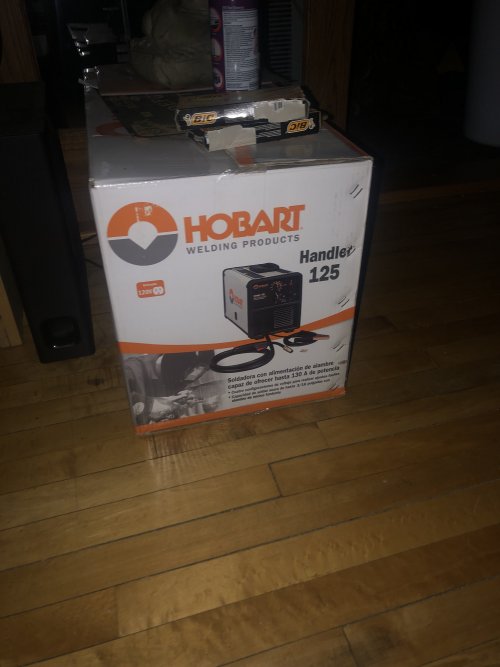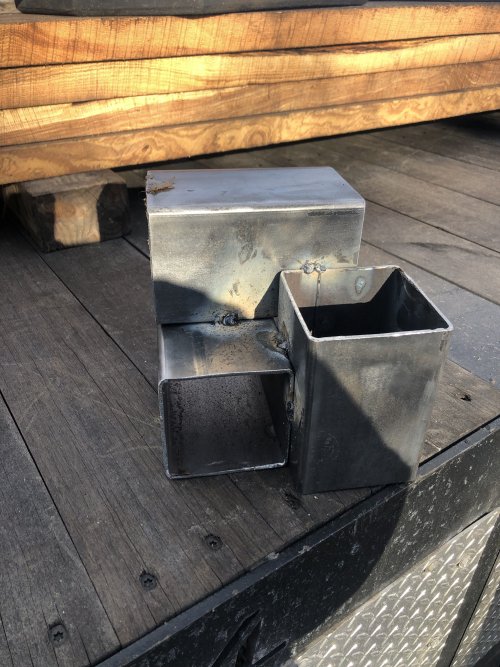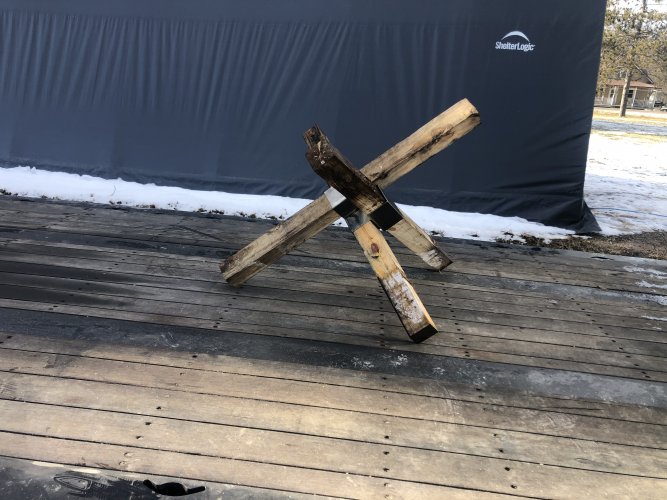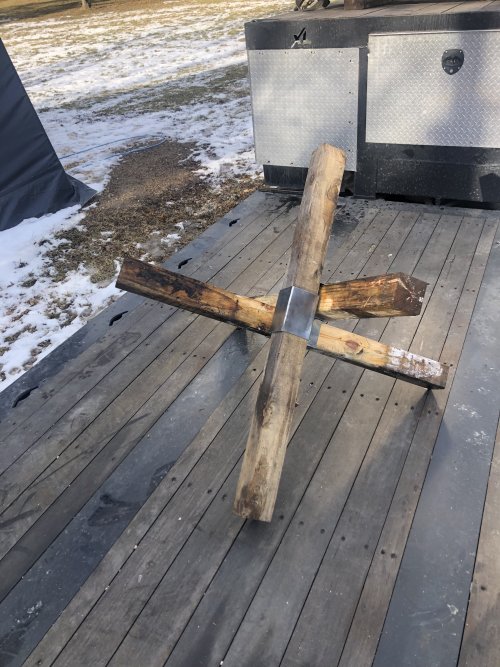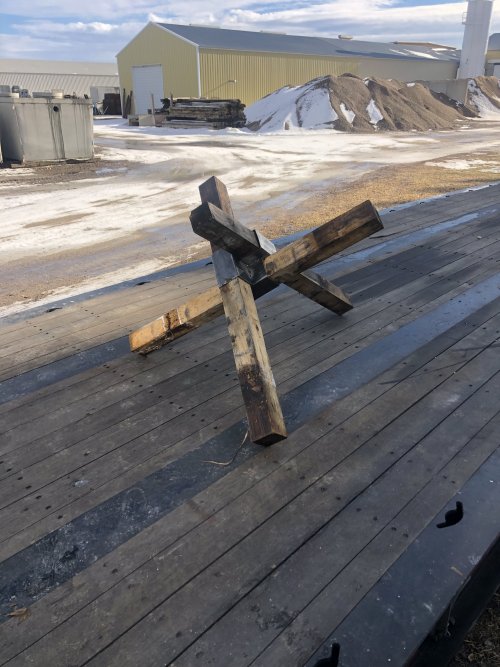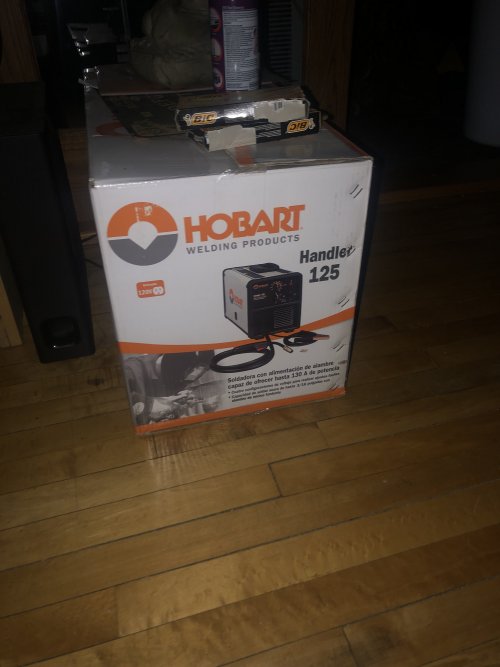Dakotakid
Well-known member
- Joined
- Dec 13, 2014
- Messages
- 820
Like 80% of the time for me
My son did some welding in his shop class this year, and now he wants a welder. I wouldn’t mind having one either, ha!
It would just be for light vehicle / garage / home projects.
Would a 110, gassless, wire-fed system work for us? What can this setup not do? What’s a typical price point? Can these setups incorporate a plasma cutter?
Thanks in advance,
Jim
Never knew that replying to multiple posts let you quote multiple discussions.




